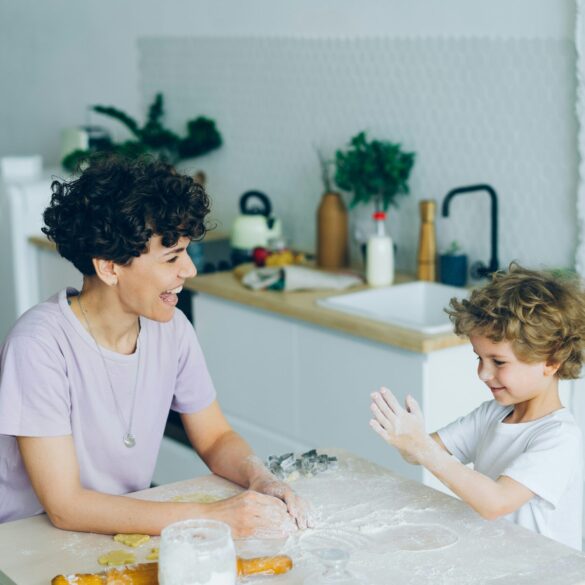Our Observing Self
Us humans are unique from other creatures in many ways – but one difference which really stands out is our ability to reflect on our feelings and actions in an objective way.
We call that ability our Observing Self, and it is one of the nine resources which develops as we grow. Together, these resources help us make sense of our experiences and better understand our mental health.
So, how can it be drawn upon to aid our wellbeing?
A better way to develop ourselves
Our Observing Self can be called upon when we find ourselves experiencing strong emotions.
Strong emotions can stop us from looking at the broader picture and prevent us from understanding the context of our experiences.
Our Observing Self allows us to gain clarity and feel calmer, by observing our emotions at one remove. This allows us time to choose different responses and to learn insights we can use should we be faced with similar situations in the future. We can also more easily see other people’s points of view and better understand why they may have reacted in the way that they did.
Put simply, our Observing Self helps us realise that we can step outside of our problems and recognise that we are more than what is troubling us at the time.
How can we access our Observing Self?
Accessing our Observing Self can be helpful when we are experiencing strong emotions but it’s easier to do when we are looking back in moments of reflection. Some people find meditation or mindfulness helpful to achieve this, while Dr Arthur Deikman, who gave the observing self its name, recommended the study of teaching stories from Sufi and Zen traditions.
For the rest of us, finding time to relax and sit down in private allows our observing self the chance to make sense of experience. Observing our emotions or the signs our body gives us can help us to identify the physical and emotional needs we might need to give attention. We can also observe when we are being overly self-critical, focus on kinder responses and recognise when we may have had little control over situations which affect us.
Learn more about our innate resources and how to use them.











